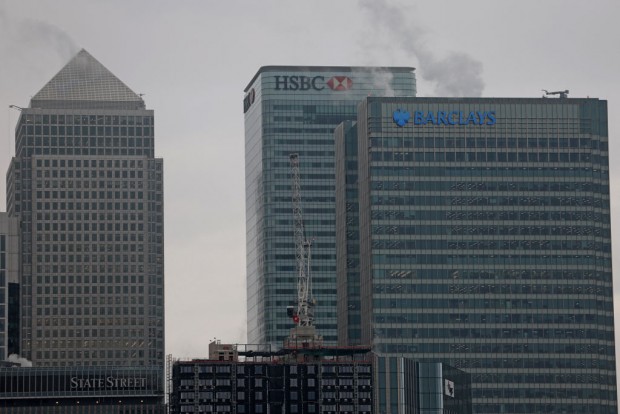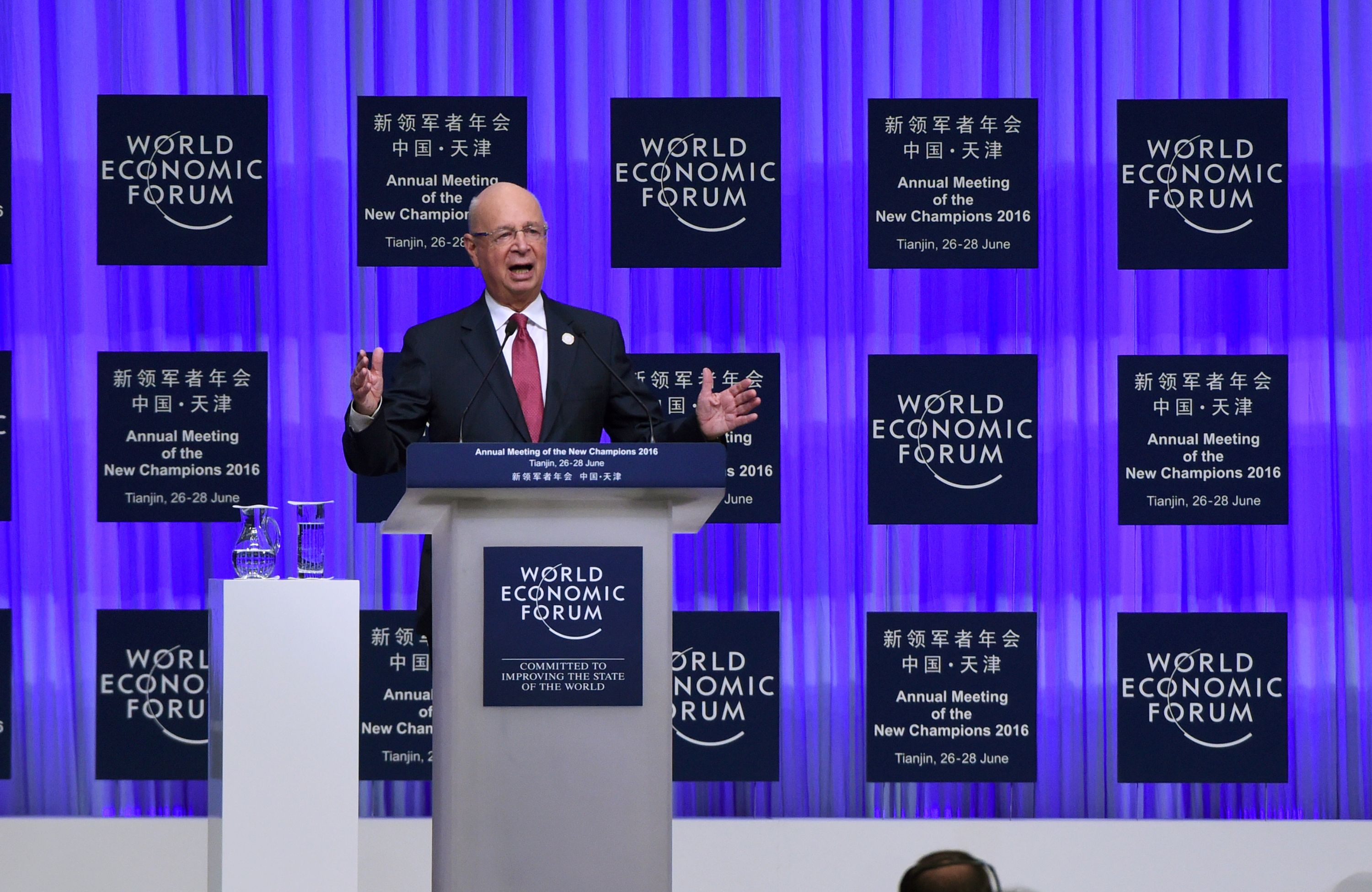HSBC Declares New Market Paradigm Where Fixed Income Reigns
By April Fowell
According to HSBC Asset Management, when the global order breaks, markets enter a "new paradigm" and recession risk indicates that "bonds are back.
The British lender's asset management division stated in its 2024 investment outlook that the tight credit and monetary conditions have made global economies a "problem of interest," raising the possibility of an unfavorable growth shock that the markets "may not be fully prepared for" next year.

(Photo : by DANIEL LEAL/AFP via Getty Images)
According to HSBC Asset Management, when the global order breaks, markets have entered a "new paradigm" and recession risk indicates that "bonds are back.
HSBC Forecasts Fed Rate Reductions and International Central Bank Trends
According to HSBC Asset Management, the Federal Reserve's 2% objective for U.S. inflation should be reached in late 2024 or early 2025. During the course of the following year, the headline consumer price index data of other significant economies are also expected to decline to the central banks' targets.
The Fed is expected by the bank's experts to start reducing rates in the second quarter of 2024 and to do so by more than the 100 basis points that the markets have priced in for the balance of the year. Additionally, they predict that the Bank of England would start a cutting cycle but lag behind its rivals, and that the European Central Bank will emulate the Federal Reserve.
Little proposed that the previous two years have seen a dramatic tightening of monetary policy by central banks, which is pushing global markets into a "new paradigm" in which interest rates hover around 3% and bond yields hover around 4% due to three key variables.
Read Also: JPMorgan Acquires Significant Stake in Spanish Defense Contractor Indra
HSBC AM Identifies Three Key Variables Impacting Monetary Policy and Market Trends
First, the "end of hyper-globalization" is being brought about by a "multi-polar world" and an "increasingly fragmented global order," according to Little. Second, due to rising levels of inequality, environmental concerns, and changing political objectives in the "age of populism," fiscal policy will remain increasingly active. Thirdly, the shift to net-zero carbon emissions and climate change are becoming more and more important considerations in economic policy.
HSBC AM anticipates that over the course of the next 12 to 18 months, investors will be more critical of corporate earnings and the ongoing discussion about the "neutral" rate of interest. They will also be paying more attention to labor market and productivity developments.
The "soft landing" scenario, in which major central banks bring inflation back to goal without sending their individual economies into recession, is substantially priced into the markets at this point.
In line with the popular belief that "bonds are back," HSBC AM thinks the elevated risk of recession is being underappreciated and is positioned for defensive growth.
Because of the strong expectations for profits growth in 2024 and the stretched market multiple (the difference between share prices and projected average earnings) in relation to the market for government bonds, HSBC AM is cautious when it comes to U.S. equities.
According to the report's research, European equities are comparatively inexpensive globally, which lowers downside risk barring a real recession.
He went on to say that unique patterns in developing economies also call for a targeted strategy based on company fundamentals, earnings transparency, and risk-adjusted returns.
HSBC AM's top emerging market selections would include Indian and Mexican bonds and Chinese A-share equities, which are domestic shares listed on the Shanghai and Shenzhen exchanges and predominantly traded in yuan. This is assuming that the Fed reduces rates considerably in the second half of 2024, as the market anticipates.
While Chinese growth is widely projected to be roughly 5% this year and 4.5% in 2024, it could also benefit from additional fiscal policy support. Little suggested that India and Japan, with their rapidly growing markets and post-pandemic recovery, present attractive sources of diversification.
As global rates peak, most regional economies grow, and Beijing provides an extra fiscal stimulus, he continued, Asian credit should likewise have a lot stronger year.
Related Article: Walmart Diversifies Supply Chain by Sourcing More Goods from India












